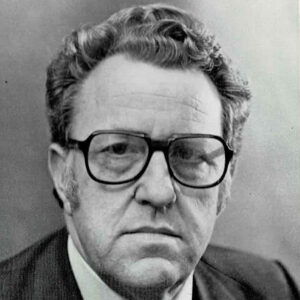 John L. Ward
John L. Ward
Entry Category: Print Journalism - Starting with W
 John L. Ward
John L. Ward
Ward, John Louis
Washburn, Alexander Henry
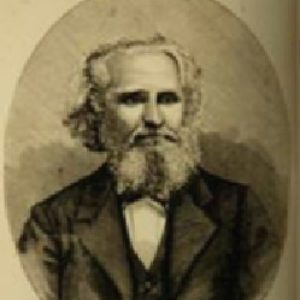 Patrick S. G. Watson
Patrick S. G. Watson
Watson, Patrick Samuel Gideon
Weekly Vista [Newspaper]
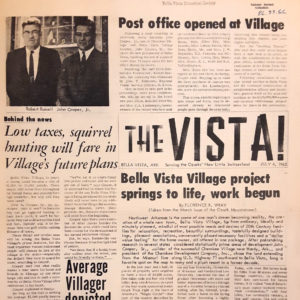 Weekly Vista First Edition
Weekly Vista First Edition
 Weekly Vista Masthead
Weekly Vista Masthead
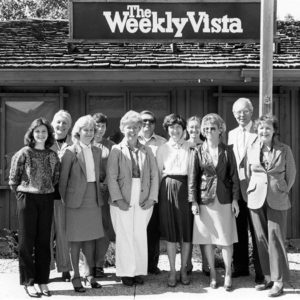 Weekly Vista Staff
Weekly Vista Staff
WEHCO Media, Inc.
Wells, George Henson
Wells, Ira James Kohath
Weston v. Arkansas
aka: Arkansas v. Weston
Weston, Joseph Harry
White County Record
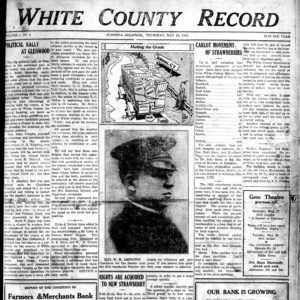 White County Record
White County Record
 White River Journal Office
White River Journal Office
 Bill Whitworth
Bill Whitworth
Whitworth, William Alvin
Winslow, Thyra Samter
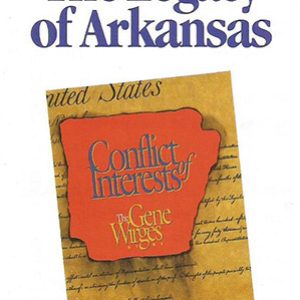 Wirges Book
Wirges Book
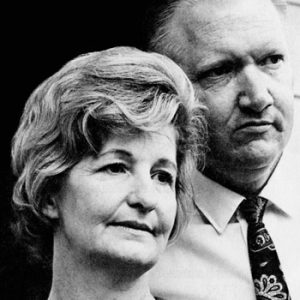 Betty and Gene Wirges
Betty and Gene Wirges
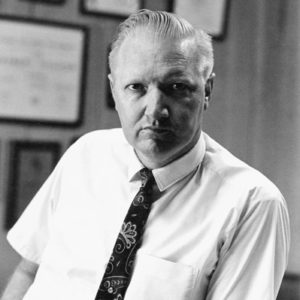 Gene Wirges
Gene Wirges
Wirges, Gene
Wirges, Joseph Bernard (Joe)
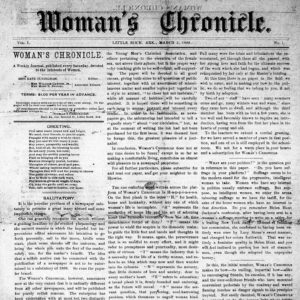 Woman's Chronicle
Woman's Chronicle
Woman’s Chronicle
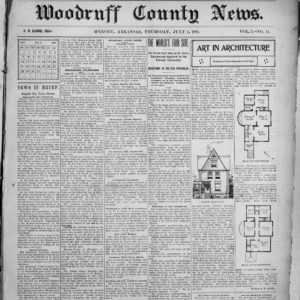 Woodruff County News
Woodruff County News
Woodruff, William Edward
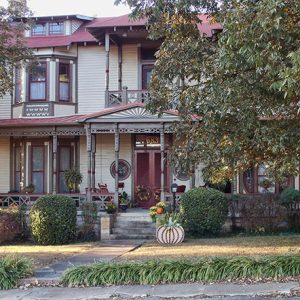 Wycough-Jones House
Wycough-Jones House




